AARP Hearing Center

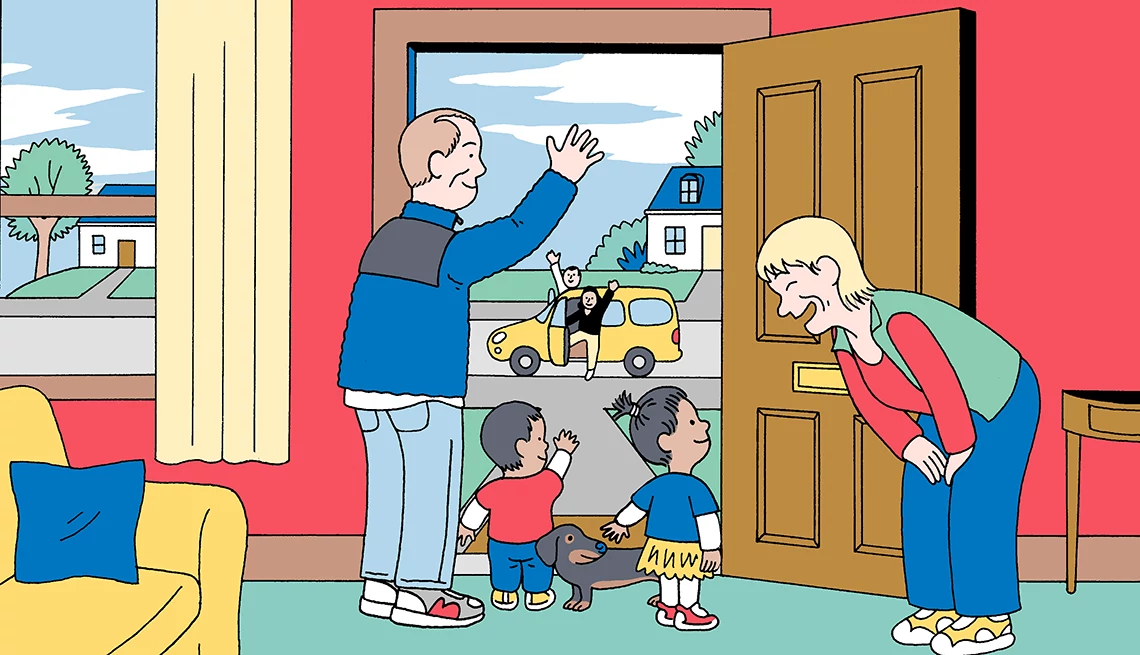
For many families, Grandma and Grandpa are MVPs when it comes to childcare. They may step in to watch their grandchildren so parents can vacation alone, help out during work trips or take on a more regular childcare role by watching kids when parents are at their jobs. While top of mind might be which park to take the grandkids to or getting supplies for an ice cream sundae, it’s good to be more formally prepared – both legally and logistically.
While grandparents will inevitably be left to figure some things out on their own, Kristina Darwood, a mother of three, family law attorney and legal expert with JustAnswer, says, “Parents should go over and above to make sure that the grandparents have everything they need to help make this time go by as smoothly as possible.”
Here’s what you need to prepare for time with your grandkids.
Ask parents for paperwork in case of emergency or otherwise
“Although parents don’t legally have to prepare any documents for their children’s grandparents, it’s always best practice,” says Darwood.
The goal in preparing these documents is to delegate some “parental rights and authority to the grandparents on a limited basis” so that grandparents can make decisions for their grandchild “if there is an emergency or other unexpected situation,” Patrick Hicks, an attorney with Trust and Will, an online estate planning service, explains.
All parents should have at least three documents ready to hand over to grandparents: a childcare authorization form or a power of attorney, a medical treatment authorization form and a permission to pick up form.
Childcare authorization letter. This is the simplest and most informal document giving grandparents legal authority to care for their grandchildren, says Darwood. To be effective, it’s important that the document specify “who will be caring for the child, for how long, the child’s name and date of birth, and the parent’s names and date of birth,” she says. In the letter, parents should specify what the grandparents are permitted to do with their grandchildren while they are away.
For example, this can include being able to pick up the child from day care or school, as well as giving the school absence information and signing any permission forms, she says. These types of letters are often enough to allow grandparents to make many medical and nonmedical decisions on behalf of their grandchild, says Hicks. However, he cautions that these letters are an “informal replication of the more official processes,” and may not be sufficient in all situations, such as if a child requires medical care that goes beyond a routine illness, so it’s not the right choice for all families.


























































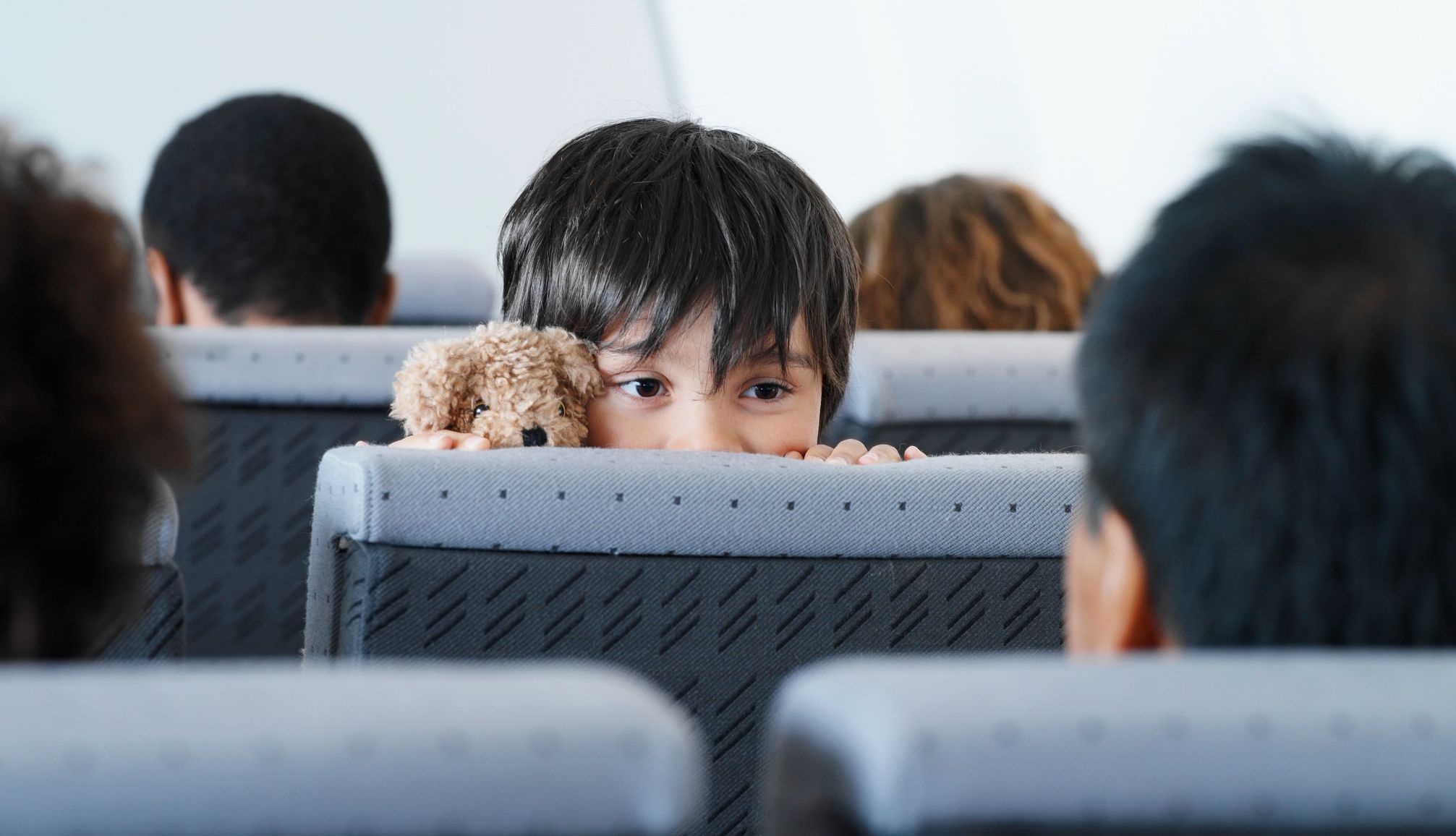
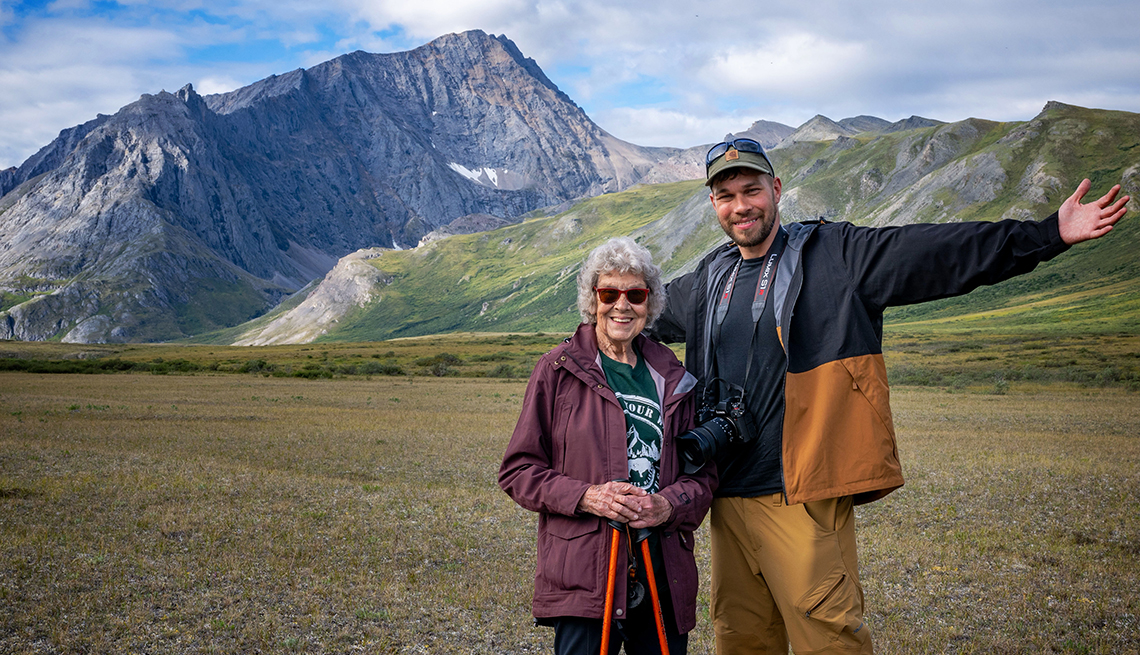
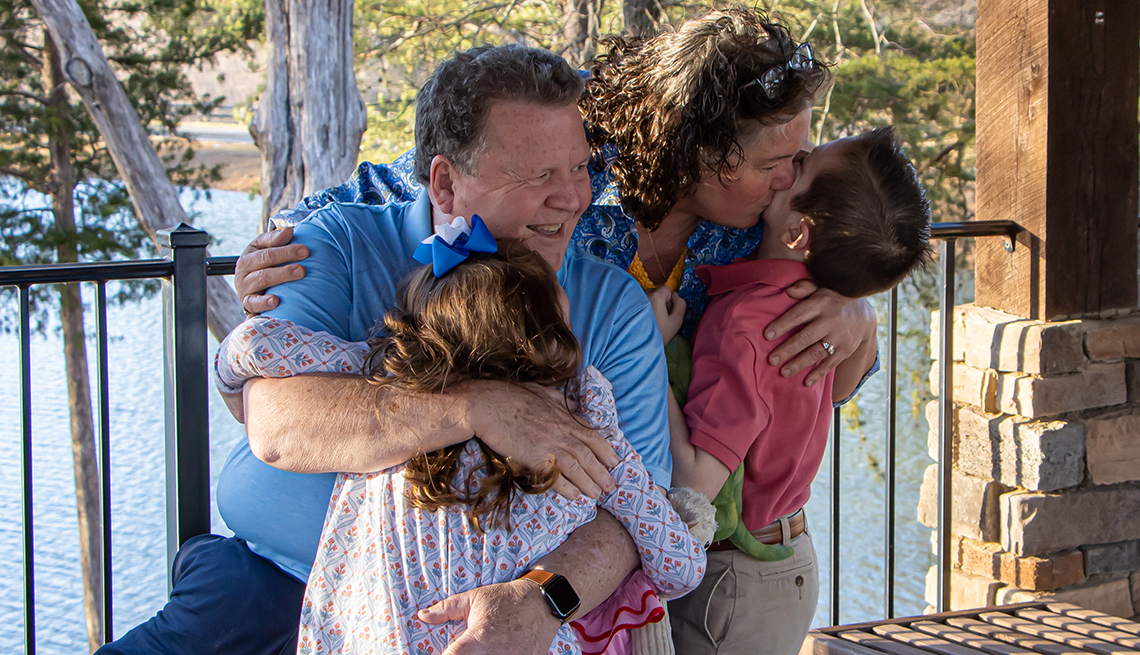

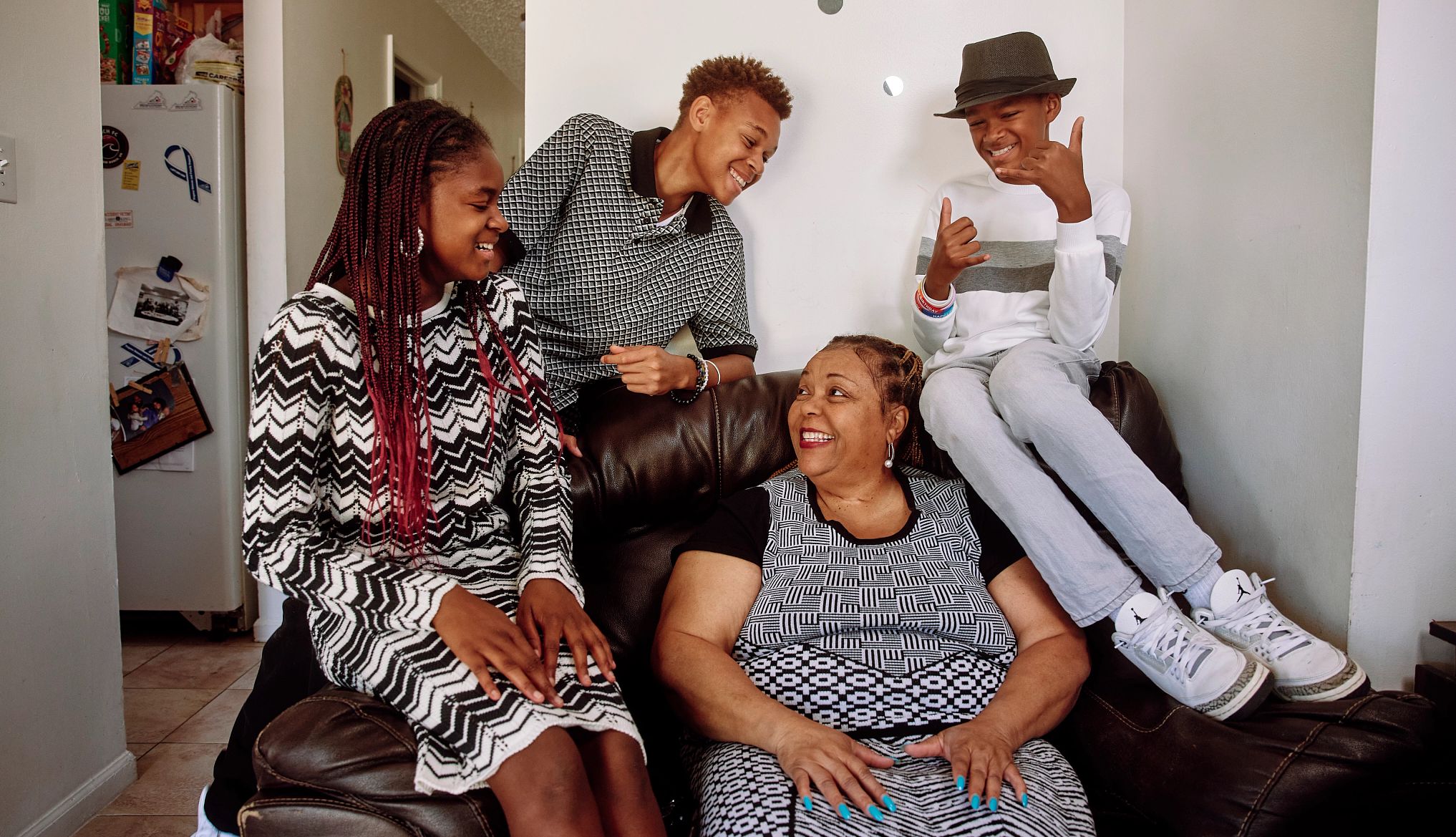

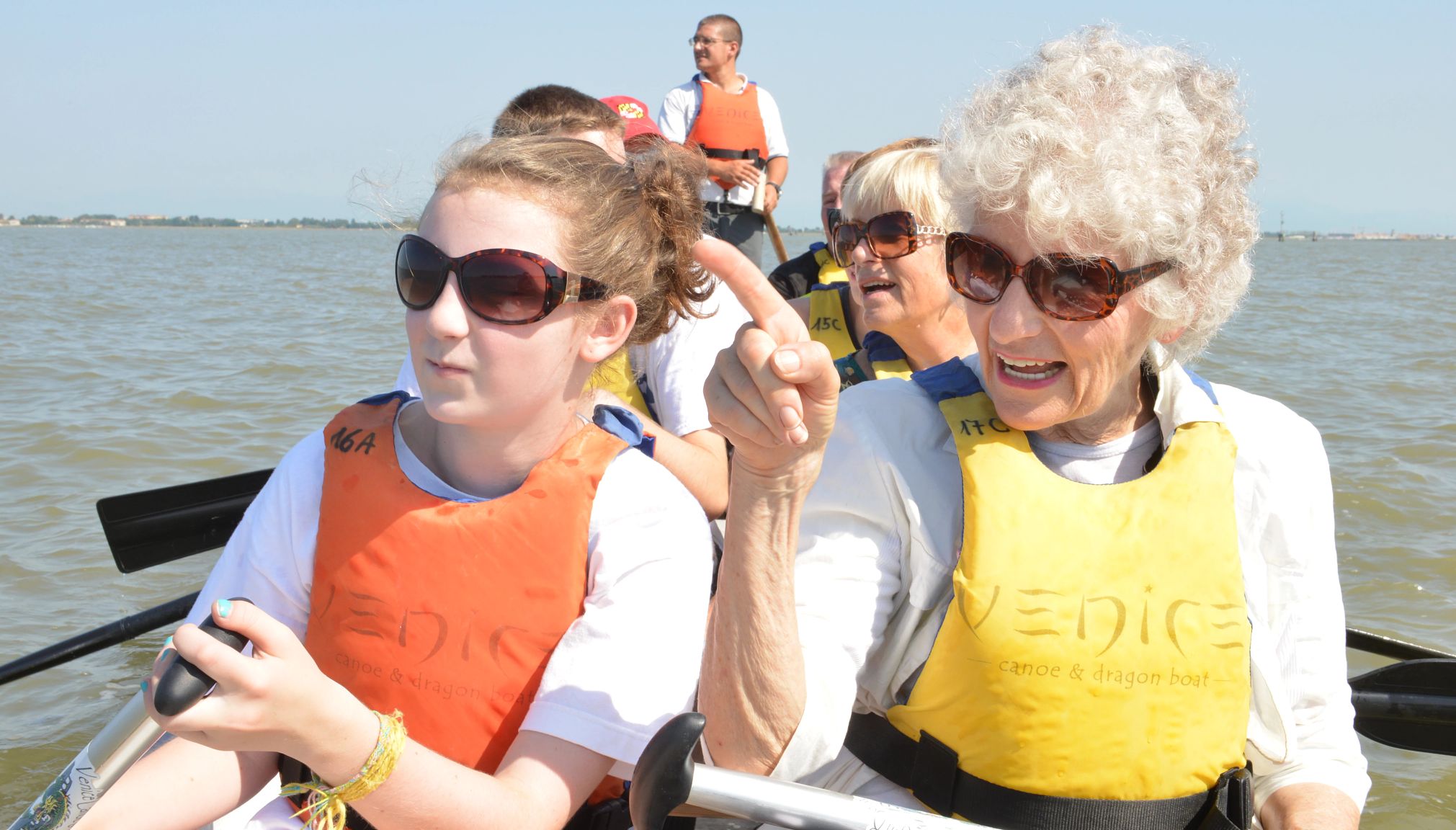
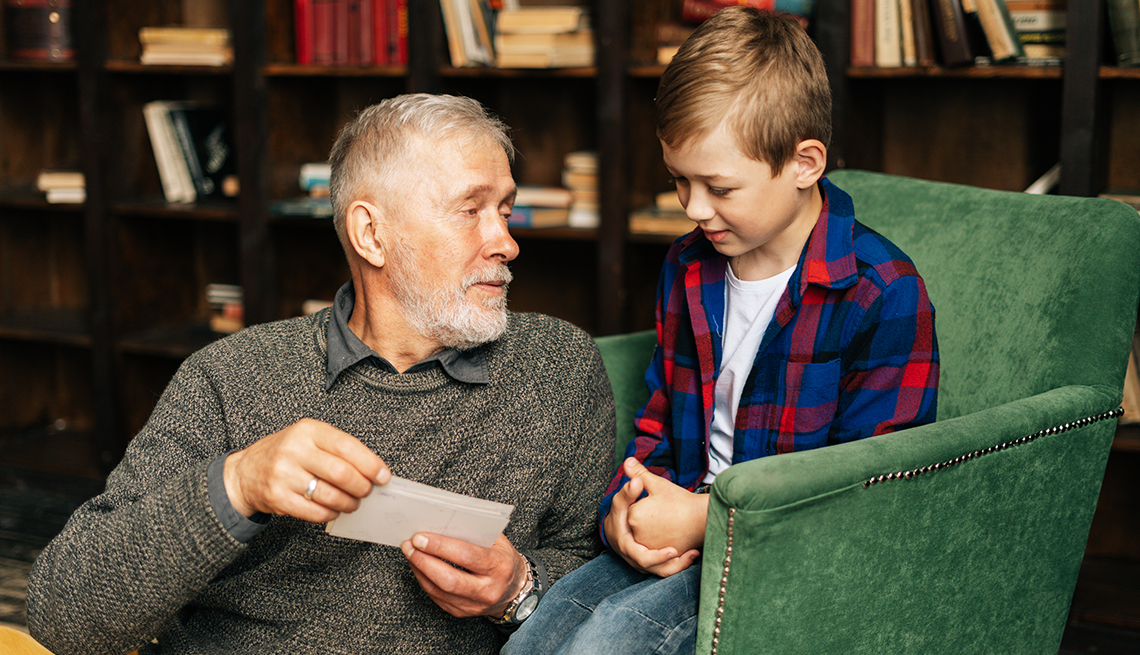



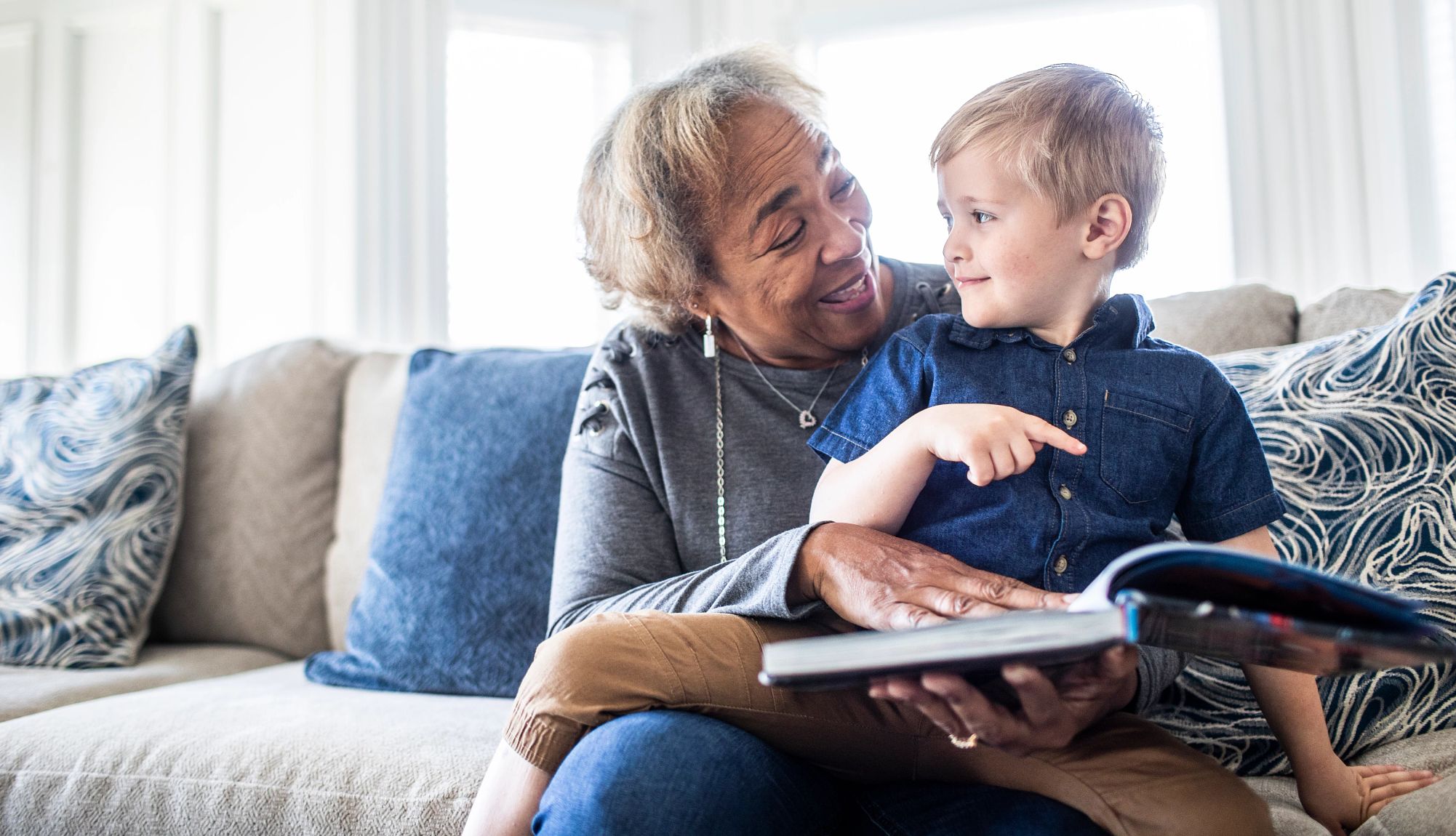
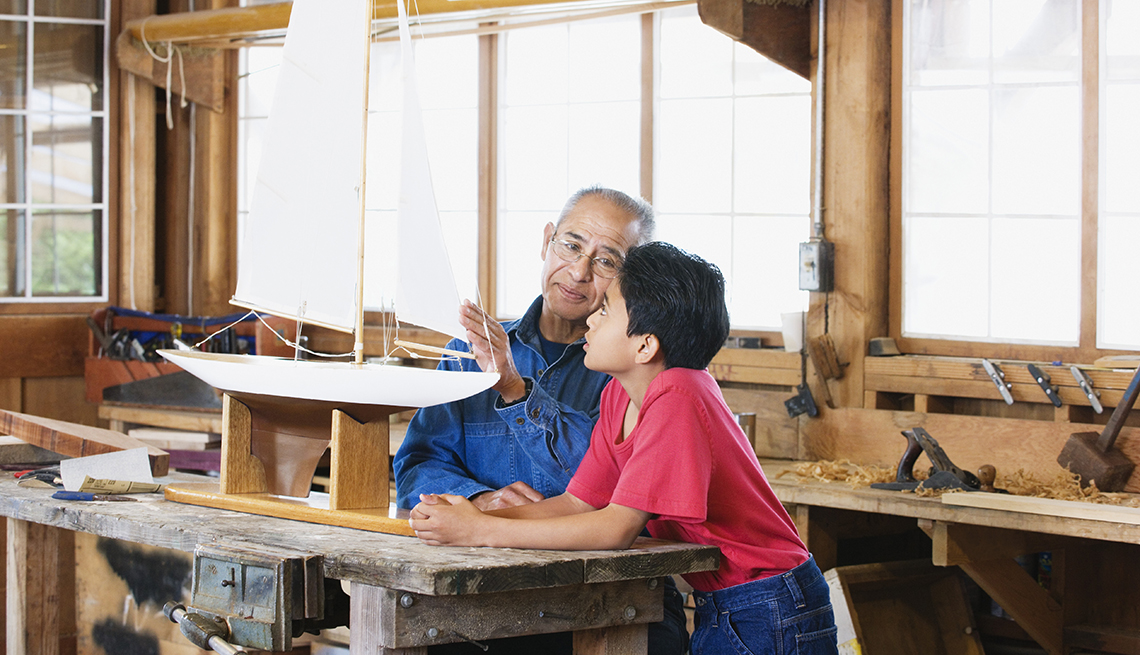
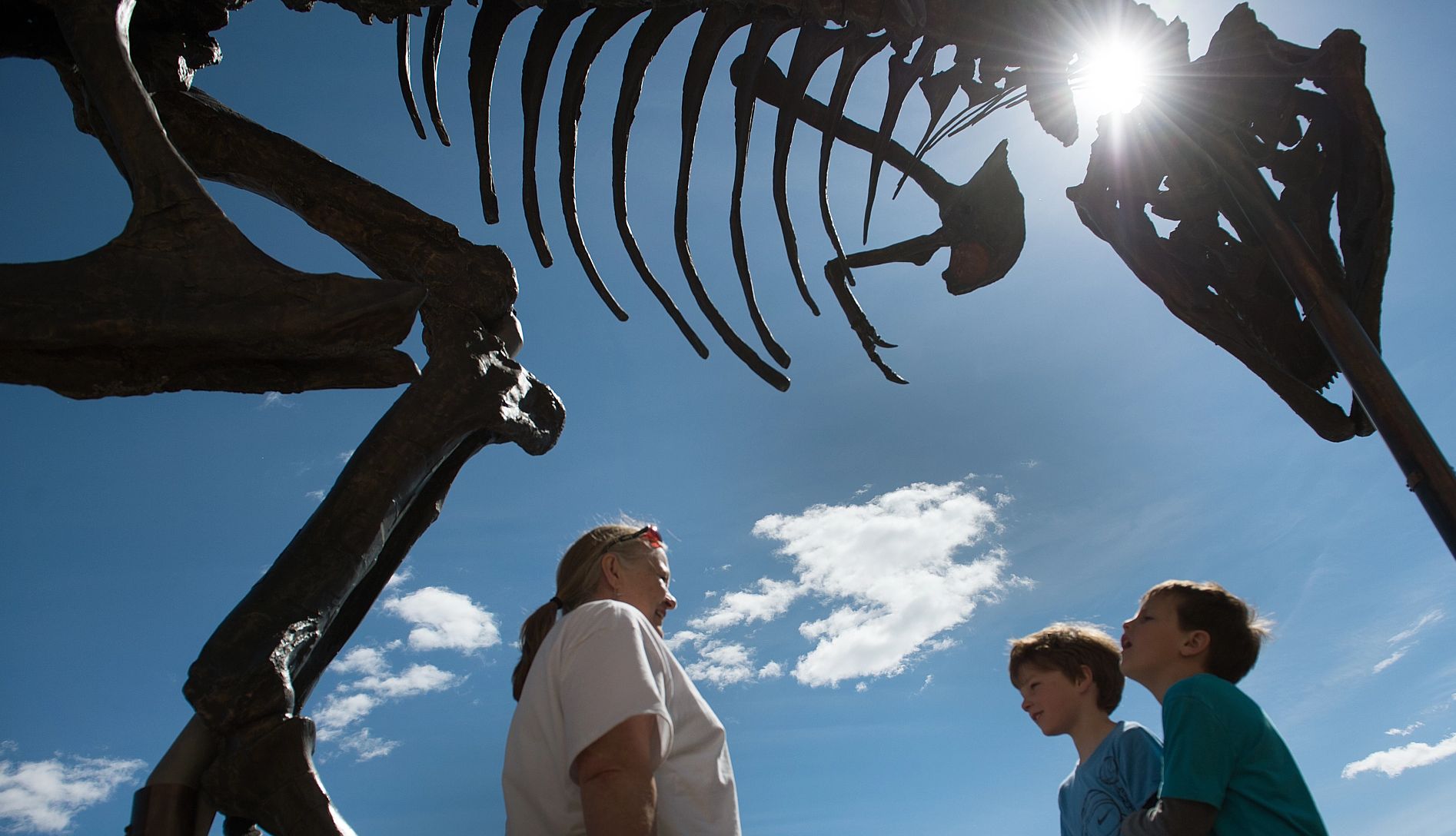


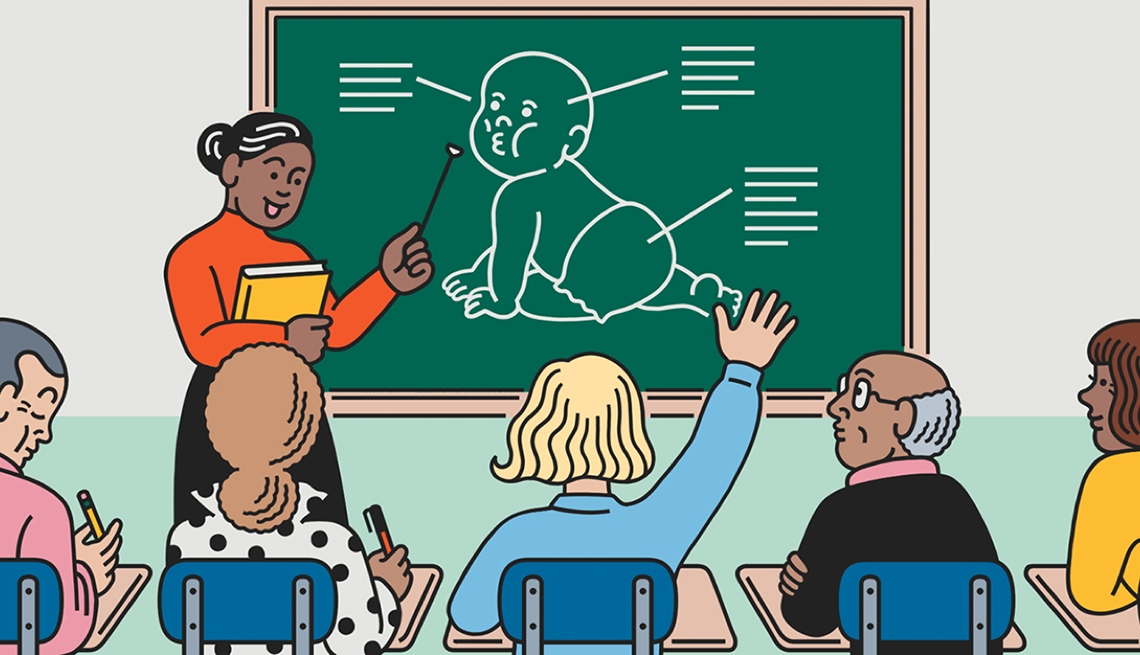




You Might Also Like
25 Ways to Find a Greater Sense of Purpose
Use our topical advice to elevate your curiosity, plan your third act and expand your horizons25 Great Ways to Be a Better Friend
We asked for advice on how to strengthen friendships from relationship authors — here’s what they said
Gladness Gurus Share Top Tips for Finding Happiness
These strategies can make every day more fun, festive and fulfilling
Recommended for You